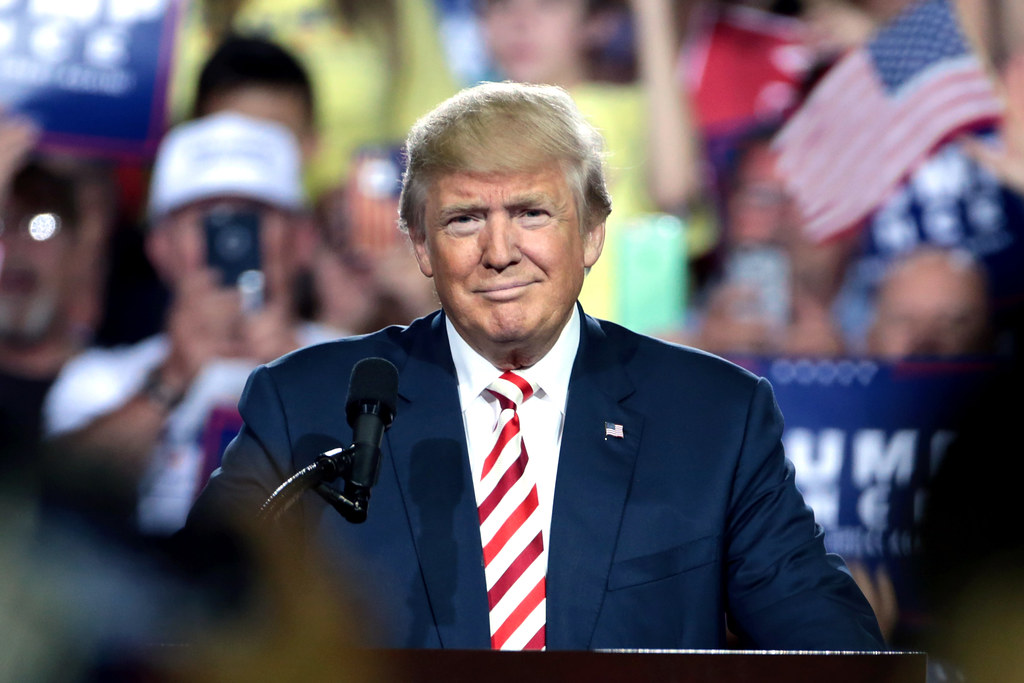![Presidential Elections in Romania with Georgiana Gheorghe [PODCAST] Presidential Elections in Romania with Georgiana Gheorghe [PODCAST]](https://4liberty.eu/phidroav/2025/04/LEP_Georgiana-Gheorghe_square-1024x1024.png)
Presidential Elections in Romania with Georgiana Gheorghe [PODCAST]
Why were the presidential elections in Romania annulled? Who was behind the TikTok campaign of Călin Georgescu? And what is the state of democracy in Romania ahead of the repeated elections? Leszek Jazdzewski (Fundacja Liberte!) talks with Georgiana Gheorghe, the Executive Director of APADOR-CH, a leading human rights organization based in Bucharest, Romania.



![Defending Europe Without the United States with Guntram B. Wolff [PODCAST] Defending Europe Without the United States with Guntram B. Wolff [PODCAST]](https://4liberty.eu/phidroav/2025/04/LEP_Guntram-B.-Wolff_square-1024x1024.png)

![Transatlantic Rift with Matthew Kaminski [PODCAST] Transatlantic Rift with Matthew Kaminski [PODCAST]](https://4liberty.eu/phidroav/2025/03/LEP_Matthew-Kaminski-1024x1024.png)

![Trump’s Impact on Europe and Elections in Poland with Andrzej Bobinski [PODCAST] Trump’s Impact on Europe and Elections in Poland with Andrzej Bobinski [PODCAST]](https://4liberty.eu/phidroav/2025/03/LEP_Andrzej-Bobinski_square-1024x1024.png)



